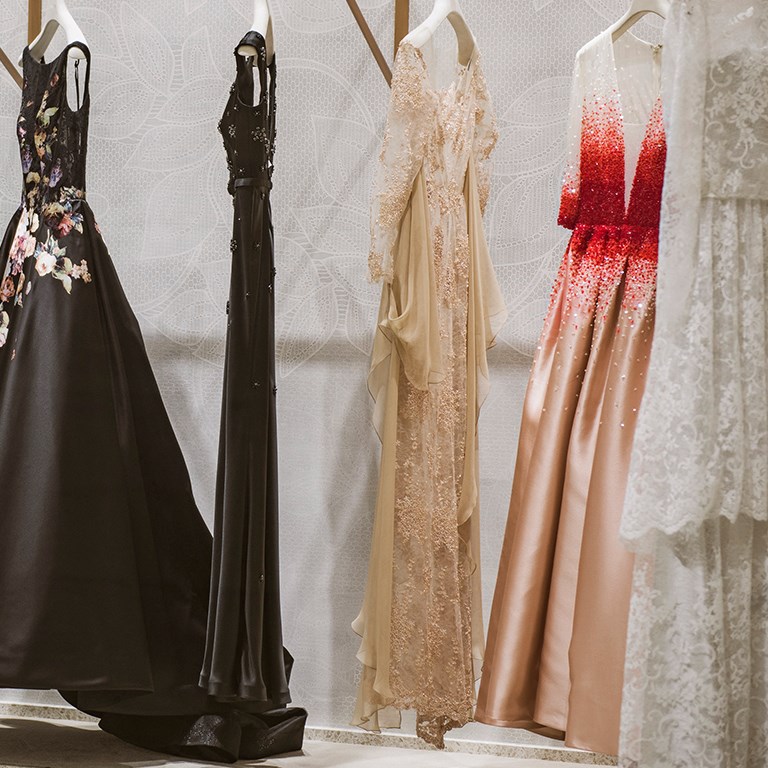Video
After a period of stagnation in the industry, luxury brands are beginning to embrace digitalization. Claudia D'Arpizio, a partner with Bain's Retail practice, discusses how this transformation is changing the way brands interact with consumers and giving them a competitive advantage.
Read the Bain Report: The Future of Luxury: A Look into Tomorrow to Understand Today
Read the transcripts below.
CLAUDIA D'ARPIZIO: The luxury goods industry is in good shape. After a couple of years of stagnation, it's restarted growing quite nicely in a very healthy way. And we project that the market will grow 4%, 5% per year up to 2025 in the future. These couple of years of stagnation were in reality two years of profound transformations in terms of consumer base, consumer attitudes, and reaction of the luxury brands to these changes.
Chinese consumers represent already 30% of global consumption, and will keep growing more than the rest of the consumers, and will represent soon more than one-third of the overall consumption. These consumers are younger than the first wave of Chinese consumers, mainly millennials. And they are bringing a set of new values in line with the millennials across the globe. So they are asking for more than just brands and status symbol. And they are asking for more values and different territories of conversations.
Digitalization, of course, is the first word that we associate to millennials, not only for the weight of e-commerce that is growing fast and will represent, by 2025, 25% of the consumption. It's now around 10%. But also for the importance of the digital marketing activities and digital activation, social media, and influencers that are changing the way that...brands are talking to consumers, not in a mono-directional way, but really engaging in a real conversation across different topics.
And these topics go beyond the product, and the brand, and just the original DNA of these brands and fashion, and goes into sustainability and the love for the planet, for the human beings, and for animals. All the brands are engaging with these millennials consumers on this topic coherently with their DNA, coherently with their strategy, and trying to be unique, but also very, very transparent in what they do.
The results are already very visible. The brands that are engaging with this population are the ones that are growing double digit, and sometimes even triple digit. And many brands are still, in the process of transforming themselves, but the prospects are very positive going forward.

The Future of Luxury: A Look into Tomorrow to Understand Today
Our Fall–Winter 2018 Luxury Goods Worldwide Market Study highlights seven trends that will shape the industry through 2025.
